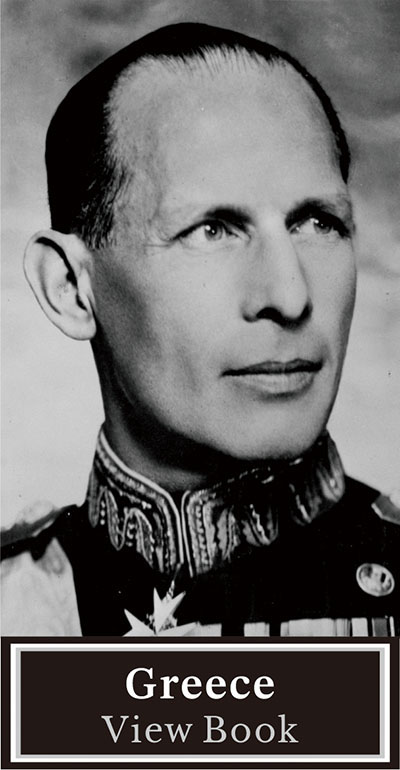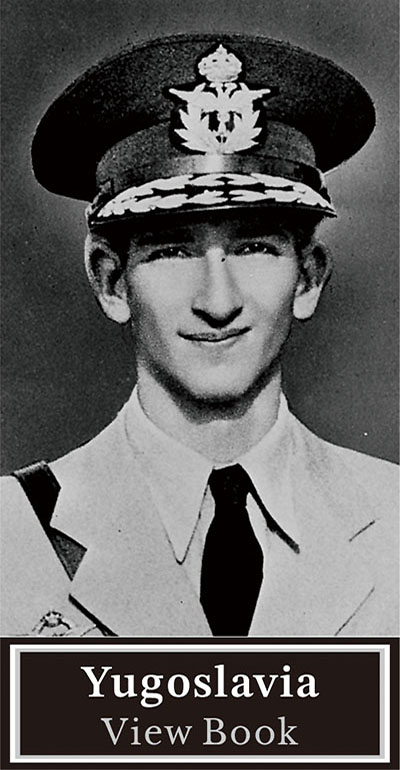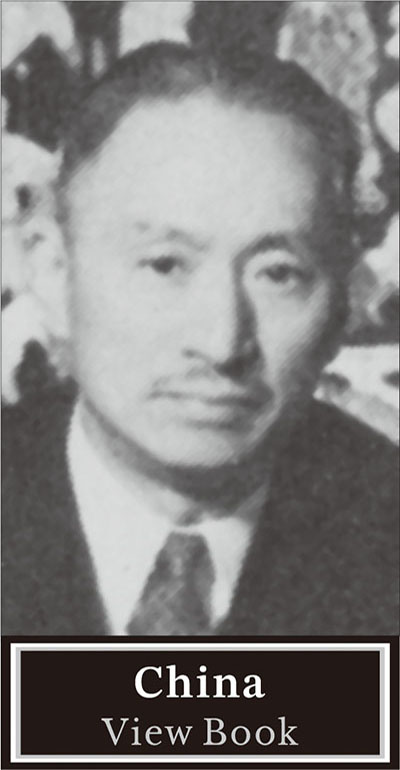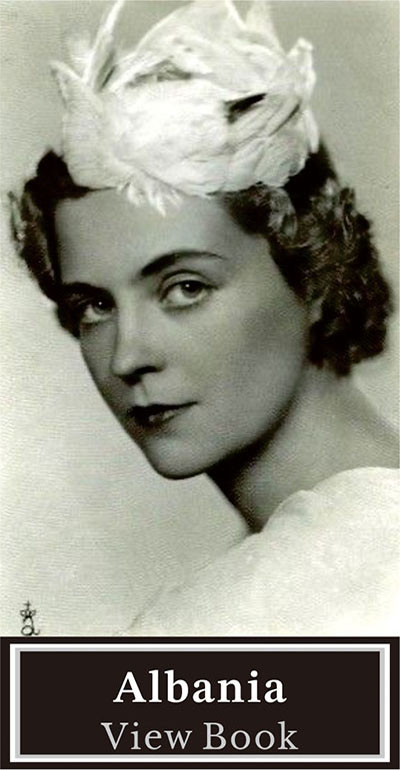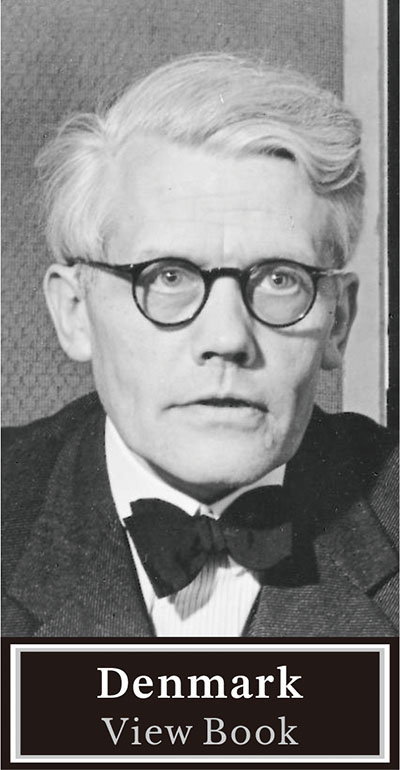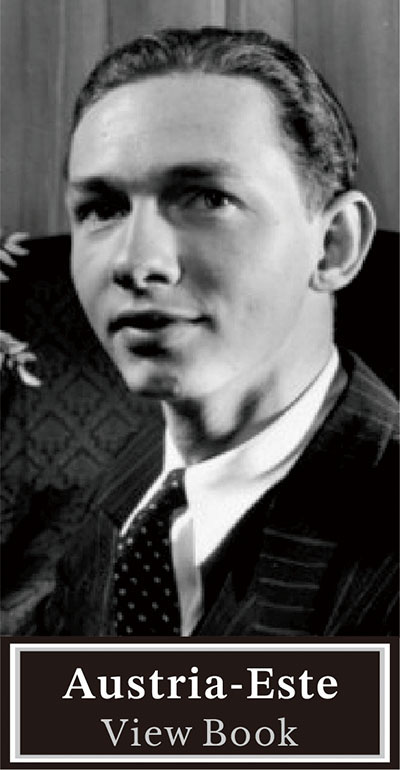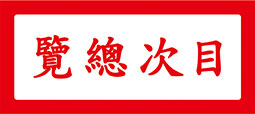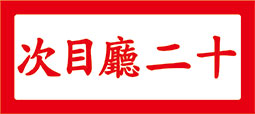In the Studio of Prunus Ode, there is a volume of The League of London, it is the personal copy of the author H. R. Madol. Thirty eight representatives and heads of states of the Allies in the Second World War signed and inscribed the inner pages. The book was published in 1943, in the middle of the war.
On 1st September 1939, Germany attacked Poland, and on 3rd September, Britain and France declared war on Germany. The Second World War unfolded. Indeed, the territorial ambitions of the three nations: Germany, Italy, and Soviet Union, had already planted the prerequisites for war. Germany had earlier devoured Austria in March 1938, and then seized Czechoslovakia in March 1939. In April of the same year, Italy pounced at the opportunity to take over Albania, and in May, signed the Pact of Friendship and Alliance between Germany and Italy. The Soviet Union signed the Nazi Soviet Pact in August, and carved up respective spheres of interests. Even though Britain and France declared war, none dispatched their armies to support Poland, so in September, Soviet Union advanced her military to occupy eastern Poland, while Germany occupied central and western Poland, partitioning off the country. In November, Soviet Union seized parts of Finland, in June 1940, she seized parts of Romania, and then occupied three countries: Lithuania, Latvia and Estonia. In April of the same year, Germany overran Denmark; in May, she overran Belgium, Holland and Luxembourg; in June, she overran Norway and France. Meanwhile, Italy sent the army to grab some French territory at the border near the Alps. In May 1941, Germany occupied Greece and Yugoslavia, the whole of Europe was virtually subjugated. Britain was shielded by the English Channel, securing her isles, and many of the governments in exile subsequently moved to London in succession. China fought against Japanese aggression since 7th July 1937, by 3rd September 1939, with the outbreak of the Second World War, China had battled on by herself for over two years, by June 1940, with the surrender of France, China had battled singularly for three years.
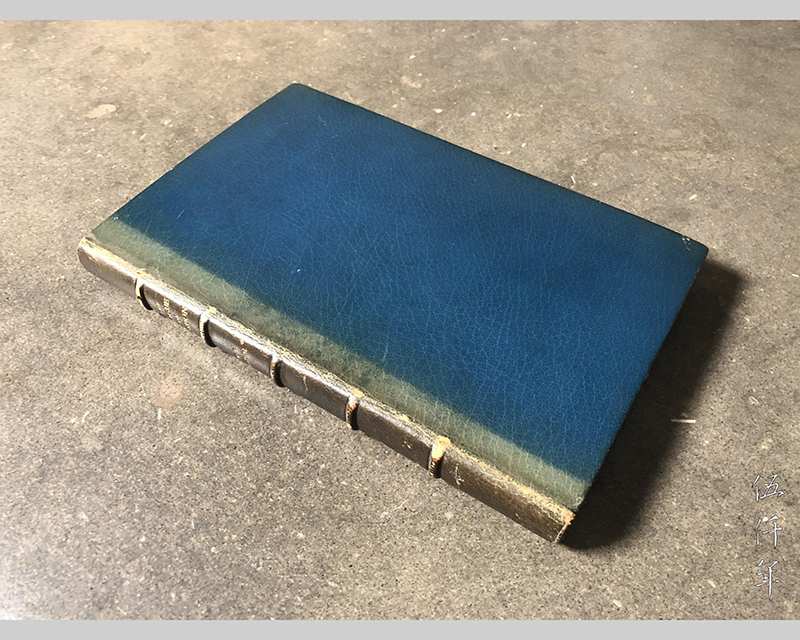
H. R. Madol’s personal copy of The League of London, it was bound in blue leather with gold finishing
On 10th May 1940, Germany attacked Luxembourg, the royal family and senior civil servants left for Paris the same day, forming a government in exile. On 14th June, Paris fell, the government in exile first moved to Lisbon, then relocated to London. In London, Hans Roger Madol was appointed press attaché to Jean, the Grand Duke of Luxembourg. In 1942, to promote the accomplishments of the Allies, Madol interviewed many of the representatives and heads of states in London, and compiled their interviews into a book, named The League of London. The Allied countries represented sequentially in the book are: Czechoslovakia, Poland, Norway, Holland, Belgium, Luxembourg, France, Greece, Yugoslavia, the Soviet Union, the United States, China, Albania, Austria, Hungary, Denmark and others. Apart from China, the United States, the Soviet Union, and Hungary, the Allied governments above were now in exile in London, their territories all occupied by Germany and Italy. In 1943 Madol invited thirty eight of those representatives and heads of states he interviewed, to sign or inscribe in his personal copy of The League in London. This remarkable edition was bound by a specialist English bindery, aside from the blue leather binding with gold finishing, eleven sheets of paper were interspersed in different sections for signatures and inscriptions, thus creating a truly precious historical document. The positions of these thirty eight personages are: President of Czechoslovakia, Prime Minister of Czechoslovakia, State Secretary of Czechoslovakia, Ambassador of Czechoslovakia; President of Poland, Prime Minister of Poland, Foreign Minister of Poland; Prime Minister of Norway, Foreign Minister of Norway; Prince of Holland, State Minister of Holland, Foreign Minister of Holland; Foreign Minister of Belgium, Minister of Colonies of Belgium, Ambassador of Belgium; Grand Duchess of Luxembourg, Prince Consort of Luxembourg, Prime Minister of Luxembourg, Prince of Luxembourg, Foreign Minister of Luxembourg, Minister of Labour of Luxembourg, Minister of Justice of Luxembourg; National Commissioner of Public Instruction of France; King of Greece, Minister of Propaganda of Greece, Finance Minister of Greece; King of Yugoslavia, Queen of Yugoslavia, Prime Minister of Yugoslavia, Minister of Commerce of Yugoslavia; Ambassador of the Soviet Union; Ambassador of the United States; Queen of Albania, Party Leader of the Conservative People’s Party of Denmark; President of Hungarian Society, Leader of Free Hungary; Archduke of Austria-Este; and Ambassador of China.
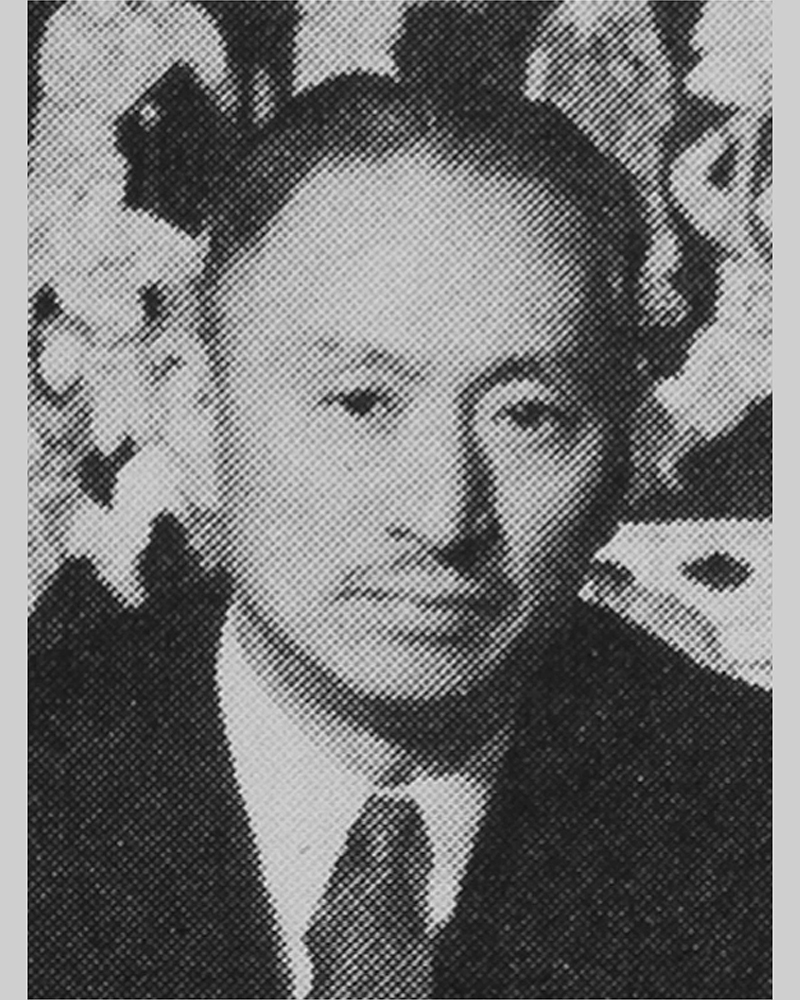
Portrait of Vi Kyuin Wellington Koo, Chinese ambassador to Britain
At the time, the ambassador of the Republic of China in London was Vi Kyuin Wellington Koo. He was the former ambassador to France, after the fall of Paris, he was appointed ambassador extraordinary and plenipotentiary to Britain in May 1941. Inside the book, he wrote one inscription in Chinese and one in English. The Chinese inscription was executed with a traditional brush and the English inscription with a pen. It reads:
Heaven sees as the people see; heaven hears as
the people hear.
V. K. Wellington Koo,
London, Sept. 22, 1943.
“Heaven sees as the people see; heaven hears as the people hear,” originate from the text of Shang-shu (尚書), known as the Shoo King, or the Book of Historical Documents, one of the Thirteen Classics of Confucianism. These sentences are to be found in the chapter The Books of Shang: The Great Declaration Part II (泰誓中). China was a Confucian nation then, the majority of those in public service aspired to classical studies and values.
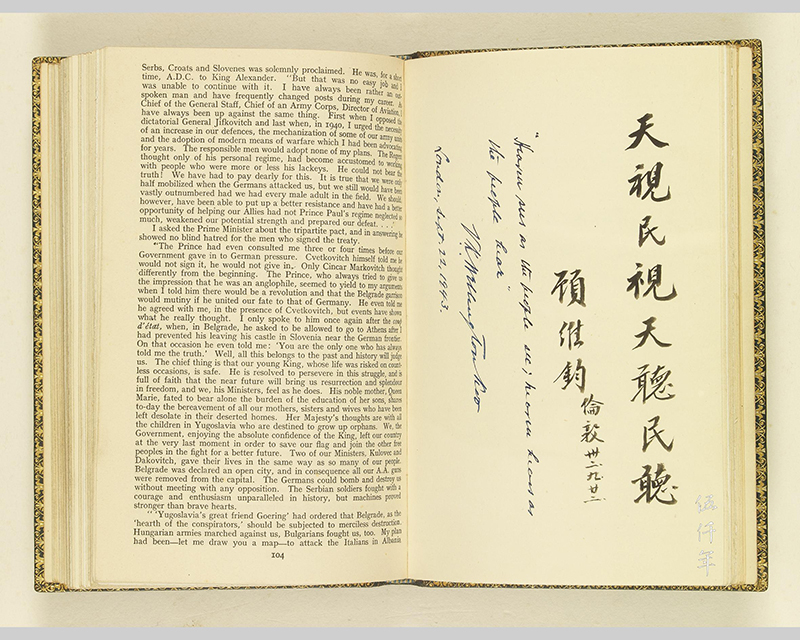
Vi Kyuin Wellington Koo inscribed the book in Chinese and English
Vi Kyuin Wellington Koo (1888-1985) was the pre-eminent diplomat of the Republic of China. His tzu was Shao-ch’u an, native of Chia-ting, Kiangsu province. His father Jung Koo, hao Ch’ing-ch’uan, was the former president of the Bank of Communications. In the 27th year of the Kuang-hsü reign (1901), he attended Saint John’s University in Shanghai; in the 30th year of the Kuang-hsü reign (1904), he went abroad to study at Cook Academy, New York; in the 31st year of the Kuang-hsü reign (1905), he enrolled in Columbia University, New York, and successively received the master and doctorate degrees. In the first year of the Republic (1912), he returned to China, and became English secretary to Yüan Shih-k’ai (1859-1916), the first president. In the 4th year of the Republic (1915), he was appointed minister plenipotentiary to Mexico, and minister plenipotentiary to the United States and Cuba. In the 8th year of the Republic (1919), he was a plenipotentiary delegate to the Paris Peace Conference, after declining to sign the Treaty of Versailles, in the 9th year of the Republic (1920), he was appointed minister plenipotentiary to Britain, and delegate of non-permanent member to the Council of the League of Nations. In the following year, he was appointed acting president of the Council of the League of Nations, and one of the plenipotentiary representatives to the Washington Naval Conference. In the 11th year of the Republic (1922), when Wang Ch’ung-hui (1881-1958) was acting prime minister, Koo was cabinet minister of the Foreign Ministry. In the 13th year of the Republic (1924), when Sun Pao-ch’i (1867-1931) was prime minister, Koo was also cabinet minister of the Foreign Ministry. In May the 15th year of the Republic (1926), when Yen Hui-ch’ing (1877-1950) was prime minister, Koo was cabinet minister of the Finance Ministry. In January the 16th year of the Republic (1927), Koo was prime minister and cabinet minister of the Foreign Ministry, he resigned in the same year. In the 20th year of the Republic (1931), he was appointed committee member of the Foreign Affairs Committee of the Central Political Council of the nationalist Kuomintang, and acting minister of the Ministry of Foreign Affairs of the National Government. The following year, he was appointed representative to the Lytton Commission of the League of Nations, minister plenipotentiary to France, delegate to the 13th Assembly of the League of Nations, and delegate to the Council of the League of Nations. In the 22nd year of the Republic (1933), he was appointed representative to the London Economic Conference and he was appointed delegate to the 14th Assembly of the League of Nations. In the following year, he was appointed arbitrator of the Permanent Court of International Justice in Hague. In the 25th year of the Republic (1936), he was appointed ambassador extraordinary and plenipotentiary to France, in the 30th year of the Republic (1941), he was appointed ambassador extraordinary and plenipotentiary to Britain. In the 34th year of the Republic (1945), he was the chief representative to the United Nations Conference on International Organization in San Francisco. From the 35th (1946) year to the 45th year (1956) of the Republic, he was appointed ambassador extraordinary and plenipotentiary to United States. In the 38 th year of the Republic (1949), mainland China fell to the communists, the central government withdrew to Taiwan, and Koo continued to serve as ambassador to the United States for seven years. From the 46th year (1957) to the 56th year (1967) of the Republic, he was judge at the International Court of Justice in Hague. His works include The Status of Aliens in China, Memoranda Presented to the Lytton Commission, The Open Door Policy and World Peace, The Autobiography of V. K. Wellington Koo.
The author of The League of London used the nom de plume of Hans Roger Madol, his real name was Gerhard Salomon (1903-1956). He was born in Berlin of Jewish descent, his father, a businessman, died in Auschwitz concentration camp. In 1936 Madol fled to Denmark, and in 1936 escaped onward to London. In 1940, he was appointed press attaché to the Luxembourg Foreign Ministry, in 1950 he was offered the position of commissioner of information of Luxembourg, in 1953 he was chairman of the Luxembourg Society, he passed away in London in 1956. Madol was a celebrated biographer of European royalty, and his writings covered the span of three decades. He was acquainted with many European royal houses and aristocrats, hence he was well versed to recount their anecdotes and bygone tales. His personal interest in collecting rare books and manuscripts eventually led him to a profitable business in rare books before the war. His works include: The Private Life of Alexandra; Christian IX, Europe’s svigerfar; Ferdinand of Bulgaria; The Shadow King, Life of Louis XVII and the Fortunes of the Naundorff-Bourbon Family. Madol edited The League of London and the United Nations Yearbook 1946-1948.
Examining and reading this copy of The League of London eighty years later, my indignation towards the vicissitude of fortunes is not spurious utterance. The Sino-Japanese war beginning 7th July 1937 and the Second World War beginning 3rd September 1939, were both emanated from the ruthless occupations of other countries by Japan, Germany, Italy and the Soviet Union. The Soviet Union had originally been cajoling between the Axis and the Allied alliances, not until Germany attacked her in 1941, did she resign to embrace the Allies. With the Axis defeat in 1945, the Soviet Union relinquished her deceptive facade, and plundered extensively at will. The countries represented in this book, such as Czechoslovakia, Poland, Yugoslavia, Albania, Hungary certainly capitulated to communist dictatorships under Soviet authority, yet many more countries, not represented in this book, also succumbed. Only untill 1989 was Eastern Europe fortunate enough to regain their independence and freedom. After the War, one of the signatories of the book, King Peter II of Yugoslavia, went into exile in the United States, another, Queen Geraldine of Albania went into exile in France. On 9th August 1945, a week before the official declaration of unconditional surrender by the Japanese government, the Soviet Union seized Northeast China with an army of over one million and seven hundred thousand men, pillaging and looting, they withdrew in May a year down, before transferring enormous quantity of military equipment left by the Japanese to the Soviet groomed Chinese communists. In no time, the Nationalist government lost the civil war, retreating to Taiwan in 1949, and mainland China was completely communized. In that distant year, when the thirty eight representatives and heads of states signed The League of London, how could any of them possibly dream, that their known world, if it were not destroyed by the Axis, would still be destroyed by the Allies?
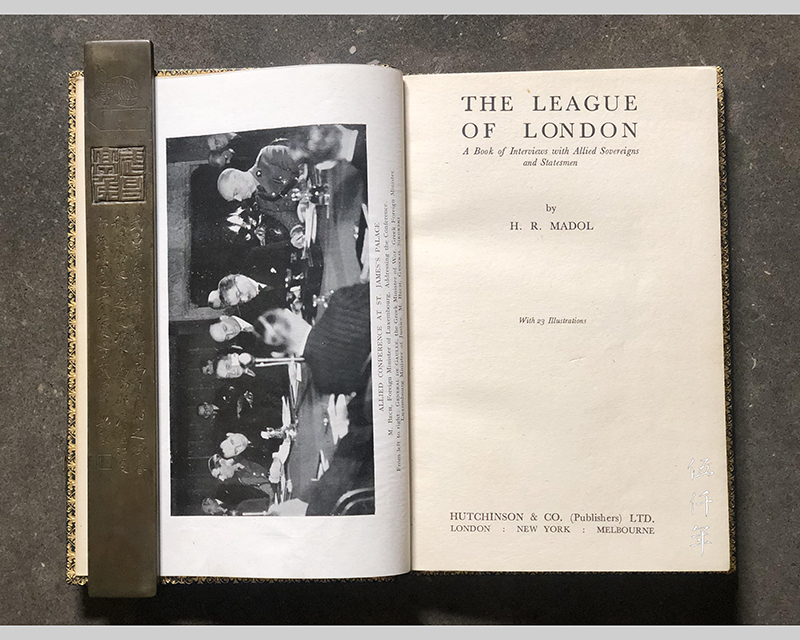
Title page of The League of London







